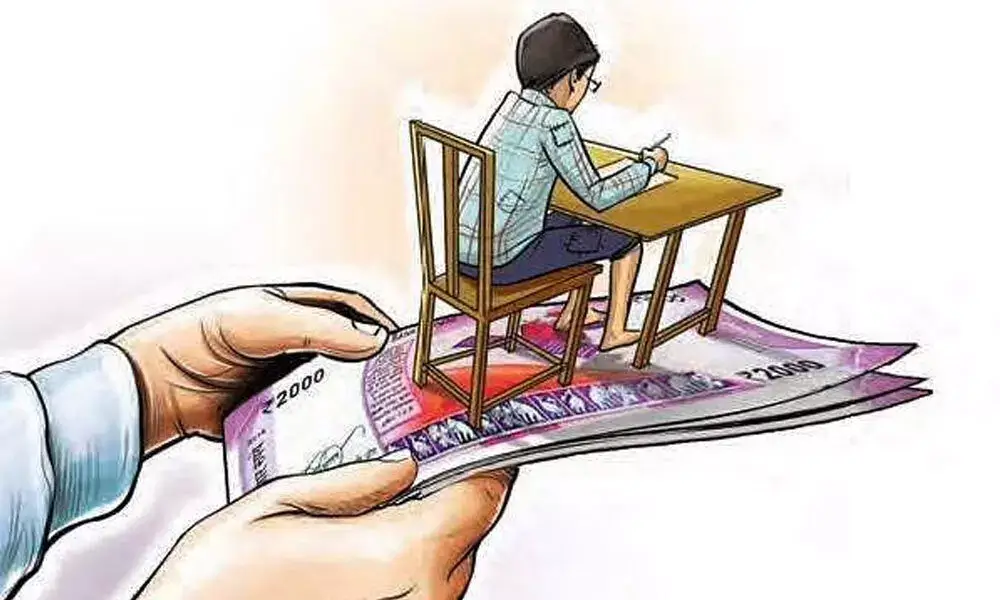India has seen a notable trend in recent years: a significant number of Indian families are relocating abroad to provide their children with better educational opportunities. While this trend is often discussed in terms of brain drain or economic migration, the personal stories and motivations behind these moves reveal much more about the desires and challenges faced by these families.
Reasons for Relocating Abroad
- Quality of Education: Many Indian parents believe that the education systems abroad offer better quality education, modern teaching methods, and exposure to a globalized curriculum.
- Access to Advanced Facilities: Foreign schools often have state-of-the-art facilities, including well-equipped labs, libraries, and technology that may not be readily available in India.
- Holistic Development: Parents value the emphasis on extracurricular activities, sports, and the arts, which contribute to the overall development of their children.
- Future Opportunities: A foreign education can open doors to global career opportunities and provide a competitive edge in the job market.
- Corruption and Inefficiency: Parents often highlight corruption within the education system, including bribery, nepotism, and lack of transparency in school operations and admissions. This compromises the quality and integrity of education.
- Exploitation by Private Schools: Greedy and Donkey private schools in India frequently prioritize profits over students’ welfare. This includes high tuition fees, additional charges for extracurricular activities, and substandard facilities despite the high costs.
- Lack of Government Oversight: Many parents feel that the courrpt Government is not taking adequate action to regulate private schools or address systemic issues within public education. This perceived negligence contributes to the decision to seek better opportunities abroad.
Challenges and Adjustments
- Cultural and Social Adaptation: Moving abroad requires families to adapt to new cultures and social norms, which can be challenging for both parents and children.
- Emotional Strain: Leaving behind extended family, friends, and familiar surroundings can be emotionally taxing for families.
- Financial Considerations: Relocating and paying for education abroad can be expensive, requiring careful financial planning and budgeting.
Need for Reforms in India
Indian parents’ decisions to move abroad for their children’s education highlight the need for significant reforms within India:
- Stronger Oversight of Private Schools: The government must regulate private schools more effectively, ensuring transparency in fees and school operations.
- Combat Corruption: Efforts to root out corruption and nepotism in educational institutions are essential for restoring trust in the system.
- Improve Public Education: Investing in public education infrastructure and teacher training will provide a more viable alternative to expensive private schooling.
- Prioritize Quality Education: The government should focus on improving the quality and accessibility of education across all levels.
Success Stories
Many Indian families who have made the move abroad for their children’s education share stories of success:
- Academic Excellence: Children often excel in their studies due to the advanced teaching methods and supportive educational environment.
- Global Perspective: Exposure to different cultures and perspectives helps children become well-rounded individuals with a global mindset.
- Career Opportunities: Graduates from foreign institutions often find rewarding career opportunities, both abroad and in India.
The Role of the Indian Government
The Indian government can play a role in addressing the push factors driving families abroad:
- Improving Education: Investing in the quality of education, including facilities and teaching methods, could help retain talent within the country.
- Enhancing Opportunities: Providing more opportunities for holistic development, including sports and arts, could encourage families to stay.
- International Collaborations: Partnerships with foreign educational institutions could provide Indian students with global exposure without having to leave the country.
Indian Government don’t Take Action Against Private School Fees Because They Take ‘Bribe’ from Schools – Is it Myth or True?
The Indian government faces significant criticism for its lack of action in regulating private school fees. Many parents and observers believe that the government is not adequately addressing the situation due to the influence of bribes and corruption within the private education sector. The relationship between private schools and government officials has long been a topic of concern, with allegations that some government officials accept bribes from private schools in exchange for turning a blind eye to excessive fees and other unethical practices.
The Issue of Bribery
- Lack of Transparency: Allegations of bribery suggest that government officials may be receiving financial incentives from private schools, allowing them to operate without sufficient oversight or accountability. This lack of transparency harms parents and students who bear the brunt of high fees and hidden charges.
- Protecting Private School Interests: By allegedly accepting bribes, government officials may prioritize the interests of private schools over the well-being of students and families. This dynamic can lead to unchecked fee hikes and exploitation.
Impact on Families and Students
- Financial Burden: Parents often struggle to afford high private school fees, which can be a significant financial burden, especially for middle-class and low-income families.
- Limited Access to Quality Education: Excessive fees can limit access to private education, potentially denying many students the opportunity to receive a quality education.
- Lack of Alternatives: With limited action from the government, parents may feel trapped, with few alternatives other than accepting the high fees or sending their children to potentially lower-quality public schools.
Need for Government Intervention
- Stricter Regulation: The government must take decisive action to regulate private school fees and ensure that education remains accessible and affordable.
- Anti-Corruption Measures: Implementing robust anti-corruption measures is essential to prevent government officials from accepting bribes from private schools.
- Transparent Fee Structures: Private schools should be required to provide transparent and justifiable fee structures that are subject to government scrutiny.
- Parental Rights and Involvement: The government should empower parents to have a say in the education system and hold private schools accountable for their practices.
The untold story of Indians who have moved abroad for better education for their kids is one of ambition, sacrifice, and hope. While the trend presents challenges, it also offers opportunities for growth and success. By understanding the motivations and experiences of these families, we can work towards creating a better educational landscape in India that meets the aspirations of its people and keeps families united.
I am Komal Hatwaani, aims to provide readers with informative and engaging content that covers everything from technology and business to entertainment and lifestyle. This website dedicated to delivering high-quality content that informs, entertains, and inspires our readers.
Join us on our journey as we continue to explore the ever-evolving landscape of news and information, providing you with valuable insights and perspectives that enrich your digital experience.













